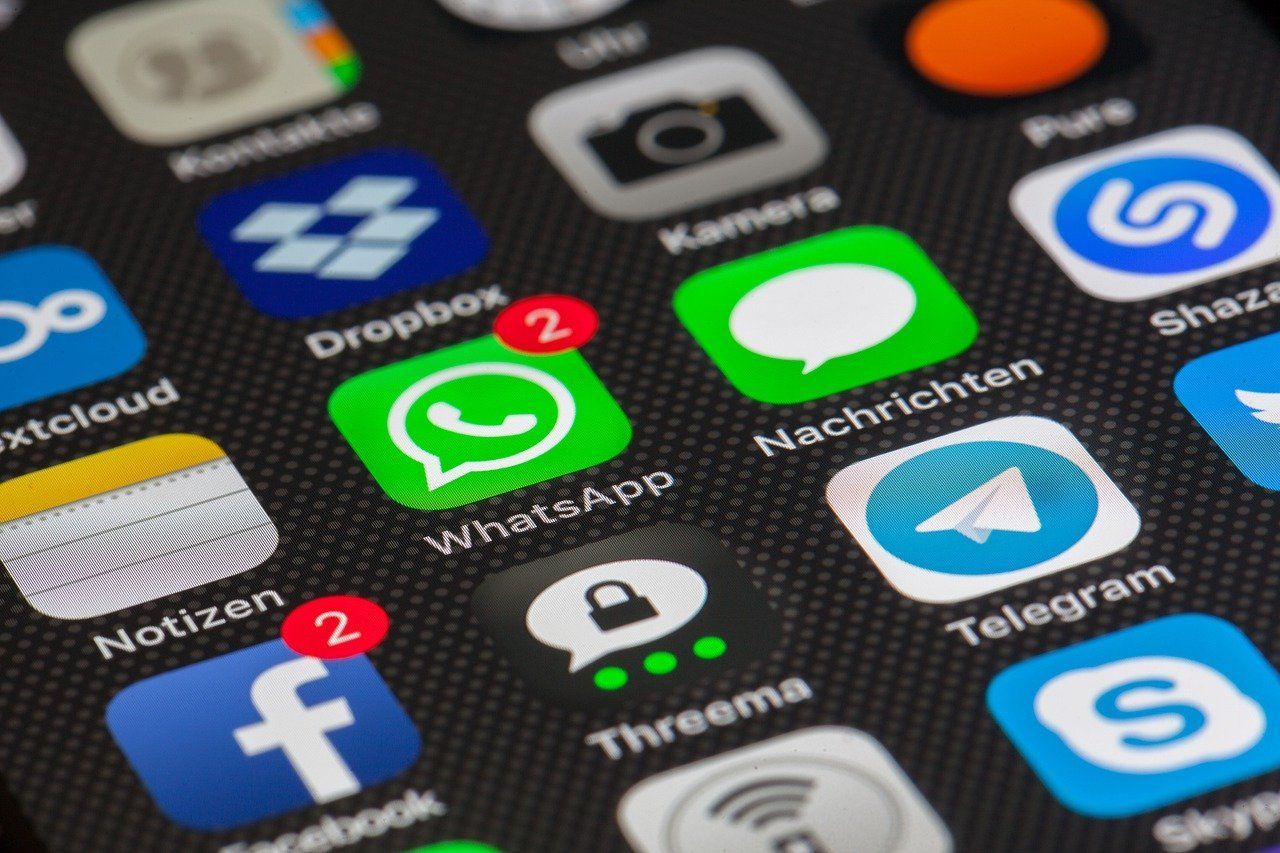- Stop treating the internet as primarily aligning with the attention economy in the first place! This is the biggest, most high stakes scam ever walked into by humans. The internet is, at its core, information and discourse. It is more closely aligned with the knowledge economy. Attention to information more logically associates with learning, not advertising value. The online education and L&D markets are almost twice as valuable (approx $560B) as the entire digital advertising market ($330B). If our attention was treated as learning value, this could completely flip all the worst parts of the internet on its head. Quality would suddenly be the name of the game, not quantity. It's not that Facebook and Google are in the image of the internet, it's that our modern web is in their image.
Whether it's with bots, or clickbait, or sheer money. We obsess over government regulation when most of our problems could be fixed with an agreed upon standard that accepts that free speech does not equal free reach, and sets some common sense thresholds in place.
If everyone wants to have a burner account and be keyboard warriors, that's fine, but the standard should not be that. You can go into the "unfiltered" tab or something to gorge on on the junk. Nobody said you should never eat McDonalds, but it shouldn't be the standard for a healthy society.
Just becomes something is easy to do, doesn't mean the impact should be guaranteed or consequence-free, regardless of the magnitude. A big red button to deploy a nuclear bomb is really easy to do, too.
It would be easy to implement some of these things if they really wanted to. But they hinder the current business model - and my initial point is there is no reason it has to be the same business model.
- We already have precedent with TV and radio. There are clear rules in place in every country to protect society from unchecked broadcasting. So, again, free speech vs. free reach. The right to say something, is different from the right to be heard by 10 million people. You can look at this as a matter or regulation, but even more simply you can look at it as a matter of proof of work and consequence. Traditionally, somebody can't get on the radio or TV, with a wide audience, and certainly not at length, without identifying who they are. I guess this is a weird grey area where regulation or limits would apply to the users, as they approach the reach of traditional publishers?
- There's also the aspect of consequences. This part does indeed refer to the suers. We tend to treat the internet and the real world as separate. If you directed 10,000 people to harass somebody in real life, there would be consequences. If you tried to spread propaganda to 10 million people, there would likely be consequences. Yet it happens all the time online, consequence-free. Playing by different rules. That shouldn't be possible, should it?
- Lastly, whether it comes through something like what Andrew Yang suggested with his "Department of the Attention Economy", there should probably be some rules in place, maybe with some of the UX filters I've mentioned, or others, such that platforms beyond a certain size have to implement them to maintain a healthier information commons. Andrew's suggestion, if I remember correctly, was making infinite scroll illegal.


